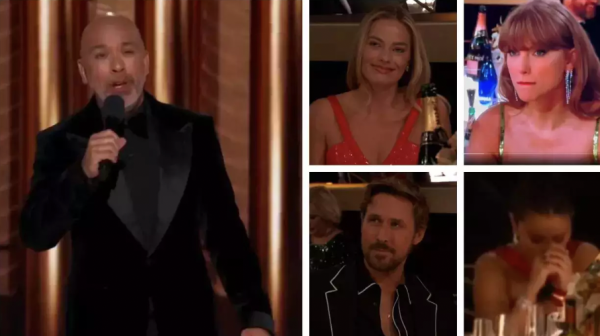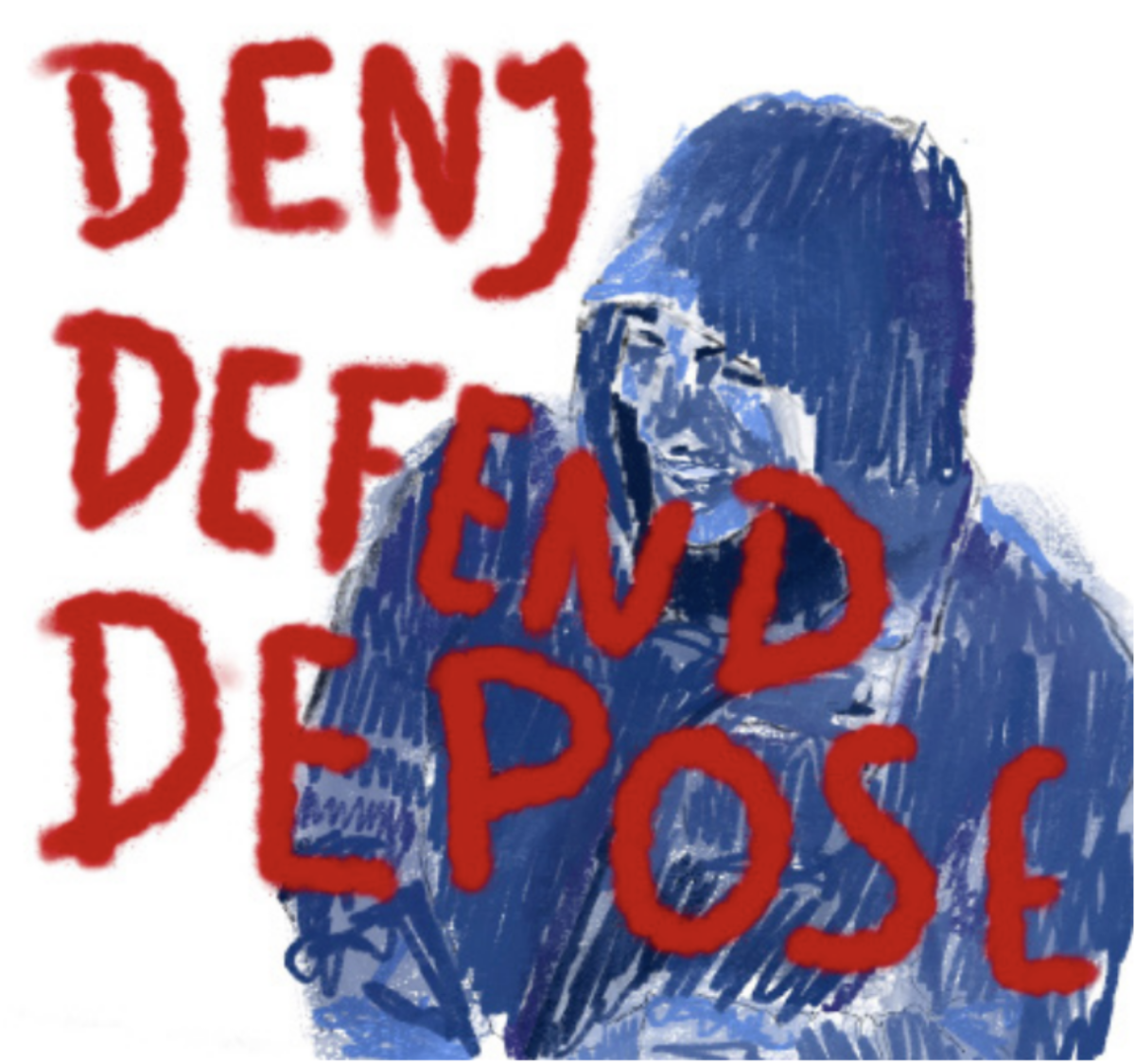In today’s society, where every word and action can be magnified by social media, the term “cancel culture” is becoming increasingly relevant. Consequently, sparking heated conversations that get amplified across social platforms. A cultural phenomenon, acting as both judge and jury, whereby someone is held accountable and boycotted for having acted or spoken unacceptably.
Cancel culture can be traced back to social justice movements that aimed to hold individuals accountable for their oppressive actions. Through the development of social media, these efforts have gained significant momentum, as the platforms allow for collective action and opportunity to voice opinions.
The effects of being “cancelled” can vary widely. For some, it results in a temporary setback, a public apology, and a path to redemption. For others, the consequences can be more significant, including loss of employment, damaged reputations, or mental health struggles caused by public backlash. The severity of the impact often depends on the offence, the individual’s response, and their role/status within society.
Just last year, ‘Miranda Sings’ actress Colleen Ballinger was cancelled after having been alleged to have acted inappropriately toward underaged fans. The actress and comedian lost comedy gigs, the TV show and a large number of her fans. Her attempt to deflect the statements through humour and song, rather than addressing the allegations with the gravity they demanded, caused even further backlash. Ballinger’s condescending dismissal of the serious allegations through song got attention beyond her fan base, gaining over 3 million views in the span of a day.

Throughout the year of 2023 countless artists, actors and comedians have been cancelled. Some notable celebrity examples include Doja Cat, Jonah Hill and Lizzo. The act of getting cancelled quickly spreads, sparing no one. The repercussions often extend beyond the individuals, affecting associated brands and companies, for instance Balenciaga, Urban Outfitters, and L’Oréal. As a result, these brands were boycotted by customers, on social media and in the news.
In the short term, cancel culture can serve as a powerful tool for social justice, driving attention to various issues such as racism, aggression, sexism, etc. Only 2 months into the new year and stand up comedian Jo Koy has already been cancelled after hosting the 2024 Golden Globes. Critics have said that his monologue was a disaster, with jokes targeting the entire audience, from Taylor Swift to Meryl Streep. Koy’s lowest point became evident when telling a misogynistic joke about two nominated movies: Barbie and Oppenheimer.
“Oppenheimer was based on a 700-page Pulitzer Prize-winning book, and Barbie is based on a plastic doll with big boobies.”

It was clear from the disappointed faces in the audience that the joke failed. Later on, headlines filled the news in reference to his actions and subsequent apologies: “Jo Koy Goes on Apology Tour to Clean Up Golden Globes Disaster”, “Golden Globes host Jo Koy apologizes […]”, “Golden Globes host Jo Koy responds to backlash: ‘I feel bad’”.
However, it is important to consider whether cancelling someone is the resolution. Perhaps society is instead becoming too quick when calling out an individual. Cancel culture can lead to a polarised society where communication and understanding are replaced with judgement and exclusion. It also raises concerns about mob justice and the potential for misinformation to lead to unjust consequences.
Cancel culture lies between accountability and controversy in today’s digital age. While it allows for the collective power of social media, it also poses significant challenges. The cases of Colleen Ballinger, Jo Koy, and others highlight the complexity of public scrutiny, where responses can either mitigate or aggravate the situation.





